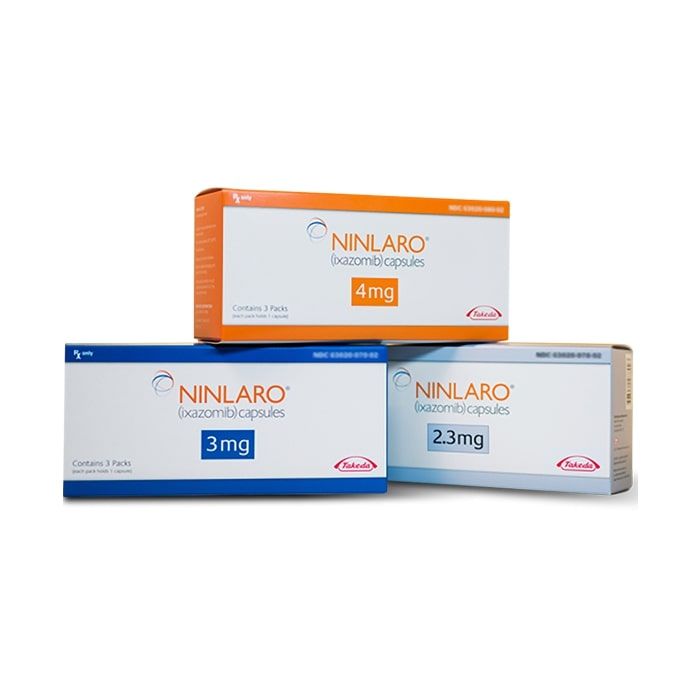4 Comprehensive Questions and Answers About Root Cause Analysis and Medication Errors.
December 20, 2020Top 3 Ovarian Cancer Molecules : Super PARP Inhibitors
December 23, 2020
PARP inhibitors have a significant role to play in the treatment and management of women with recurrent ovarian cancer. These drugs really have their most efficacy in women whose cancers are high grade serous carcinomas, meaning that these cancers have underlying homologous recombination deficiency.
❝
Ovarian cancer Overview
“Ovarian cancer is a type of cancer that begins in the ovaries. The female reproductive system contains two ovaries, one on each side of the uterus. The ovaries — each about the size of an almond — produce eggs (ova) as well as the hormones estrogen and progesterone.
Ovarian cancer often goes undetected until it has spread within the pelvis and abdomen. At this late stage, ovarian cancer is more difficult to treat. Early-stage ovarian cancer, in which the disease is confined to the ovary, is more likely to be treated successfully.
Surgery and chemotherapy are generally used to treat ovarian cancer.”
PARP inhibitors vs Ovarian Cancer
PARP inhibitors also work best in cancers that have underlying BRCA one or two mutations, really inducing the concept of synthetic lethality, where the cancer cell cannot repair double stranded breaks.
Because of the underlying lack of functioning BRC protein, then convert the double stranded breaks a single strand breaks, and then a PARP inhibitor inhibits the repair of single strand breaks.
So the three drugs that we have available are Niraparib, Rucaparib and Olaparib and these are all oral PARP inhibitors. They’re all excellent PARP trappers and really have equivalent efficacy in the phase three maintenance studies.
There have been three phase three maintenance trials, meaning all the women have Platinum sensitive recurrent ovarian cancer, they have been receiving platinum and their cancers are sensitive to platinum.
And also their penultimate had to have penultimate Platinum sensitivity, meaning the regimen prior to the current Platinum also had to show Platinum sensitivity.
So you’re really distilling out a patient population, mostly with high grade serous carcinoma so underlying homologous recombination deficiency.
<h3 style="">Platinum sensitivity:</h3><p style="">And then these cancers are also displaying Platinum sensitivity. So in the trials thus far, the three phase three, the women who benefit most from a PARP inhibitor in the Platinum sensitive maintenance setting are those who have underlying BRCA one or two mutations, where there's a profound improvement in progression free survival compared to maintenance placebo.</p> <h3 style="">Homologous recombination deficiency:</h3><p>There's another subset of patients who can benefit from a PARP inhibitor. And those are with underlying homologous recombination deficiency positivity, and that is through a test that is performed on <a href="https://obaid.info/tag/cancer/" target="_blank" rel="nofollow noopener">cancer</a> tissue, showing that, again, there are underpinnings of this HRD present suggesting that there would be sensitivity to a PARP inhibitor, even in women who have <a href="https://www.nationalbreastcancer.org/what-is-brca" target="_blank" rel="nofollow noopener" style="outline: none;">BRCA </a>negativity and are HRD negative.
There’s around a three month improvement in progression free survival, using a PARP inhibitor versus maintenance, placebo therapy.
Final thoughts about PARP inhibitors and ovarian cancer:
PARP inhibitors can also be used as single agents as treatment, and two of the drugs specifically Rucaparib and Olaparib or both have FDA approvals in the settings. So they’re not used as maintenance here, meaning post platinum, but they’re used as actual treatment.
And in those settings for Olaparib, it’s an underlying germline BRCA mutation, recurrent ovarian cancer, and having received at least three lines or more prior treatment. For Rucaparib, it’s a germline or somatic BRCA mutation. And those patients have had to have received at least two lines of prior chemotherapy in order to be eligible to receive Rucaparib.
Any thoughts about the subject? Feel free to comment!









